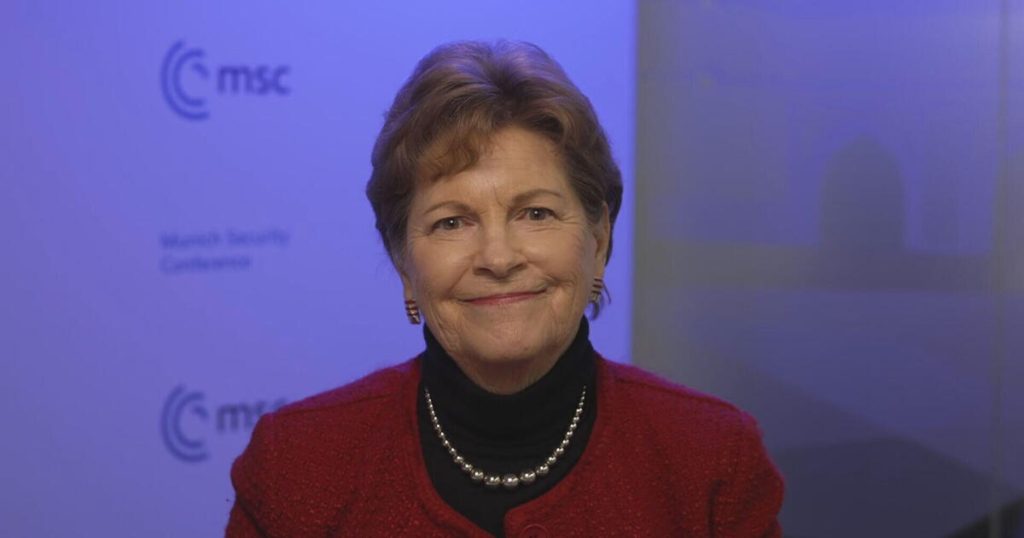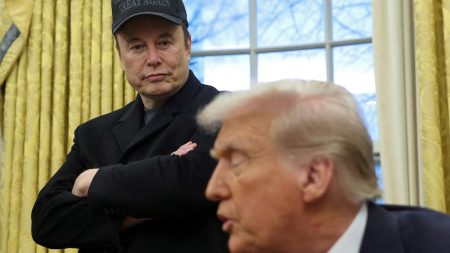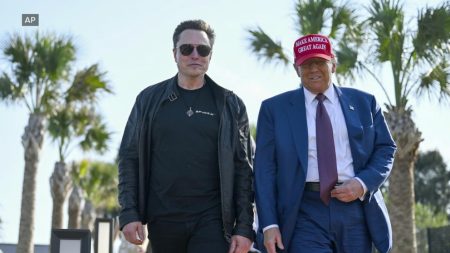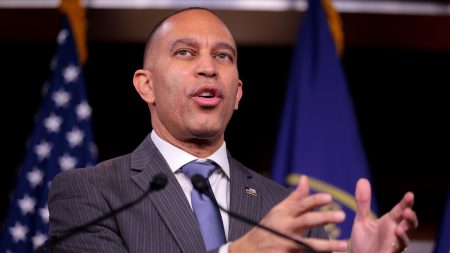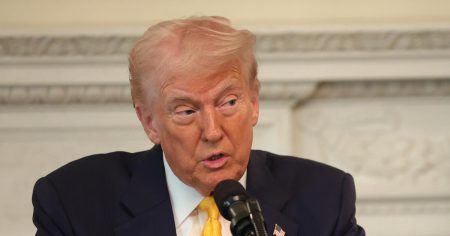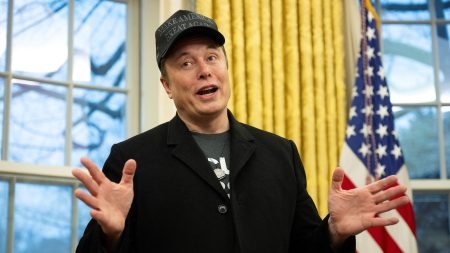Strength of Bipartisan Support for Ukraine
Senator Jeanne Shaheen underscored the strong bipartisan solidarity in the U.S. Senate regarding support for Ukraine during the Munich Security Conference. She highlighted a panel discussion with President Volodymyr Zelenskyy, where both Democrats and Republicans unanimously agreed on continuing aid to Ukraine. The Senator emphasized the importance of ongoing U.S. involvement to counter Russian aggression, ensuring Ukraine’s leverage in any future negotiations, and holding President Vladimir Putin accountable.
Mixed Signals from the Trump Administration
The interview revealed conflicting messages from the Trump administration concerning Ukraine. While Defense Secretary Hegseth suggested territorial concessions, Vice President Vance proposed more direct involvement, including deployment of U.S. troops. Senator Shaheen expressed hope that these mixed signals would not undermine Ukraine’s position, stressing the need for clarity and coherence in U.S. policy to effectively support Ukraine against Russia.
Congress’s Role in Supporting Ukraine
Senator Shaheen discussed potential congressional actions to aid Ukraine, such as using defense bills to ensure continued support. She highlighted bipartisan efforts to seize Russian assets, directing them towards Ukraine’s military and reconstruction efforts. This approach reflects a commitment to holding Russia accountable and ensuring Ukraine’s recovery post-conflict.
European Allies’ Concerns and Collaboration
During the conference, Senator Shaheen engaged with European leaders who expressed concerns about U.S. commitment to Ukraine. She reiterated the importance of a united front between the U.S. and its NATO allies to counter Putin’s strategies. This collaboration is crucial for maintaining sanctions and providing consistent support to Ukraine, avoiding any divisions that Russia might exploit.
Critical Minerals Deal and Its Implications
The discussion touched on President Trump’s interest in a critical minerals deal with Ukraine, potentially repayment for U.S. military aid. Senator Shaheen expressed skepticism, noting the complex ownership of these resources, many under Russian control or owned by oligarchs. She stressed the need for transparency and fair negotiation, ensuring Ukraine’s interests are prioritized.
Broader Implications and Foreign Policy Concerns
Finally, the conversation addressed broader security concerns, including China and the freezing of foreign assistance. Senator Shaheen warned against undermining trust in U.S. leadership through such freezes, which could cede influence to adversaries. She emphasized maintaining robust military capabilities and diplomatic efforts to counter threats from China and other adversaries, ensuring global stability and U.S. security.





